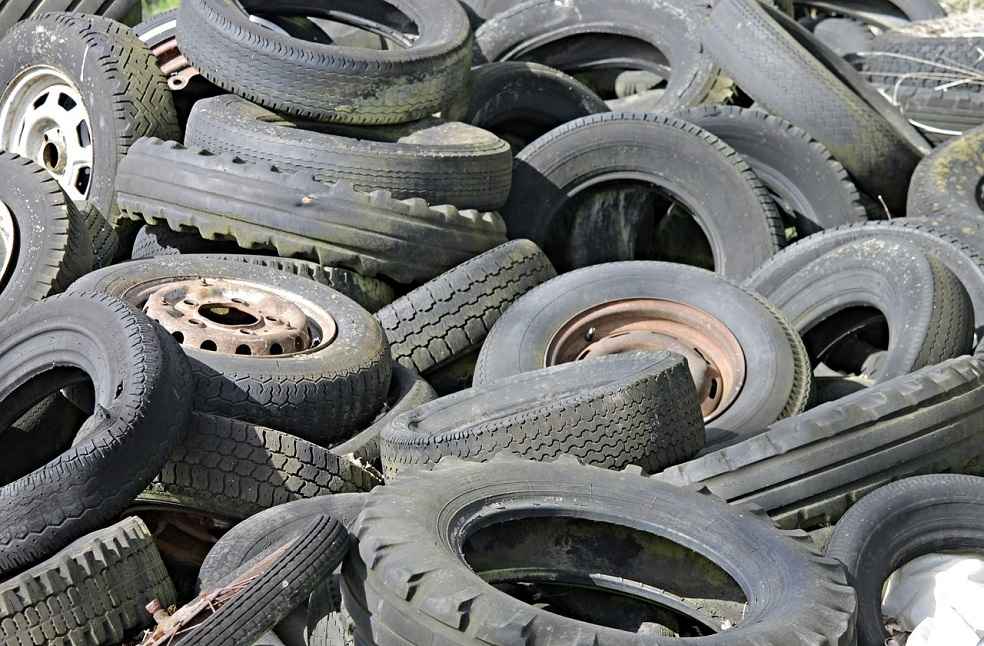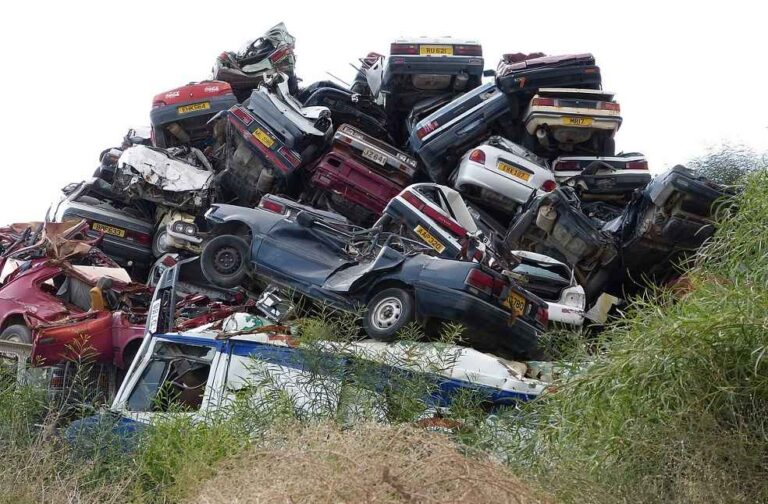Under the proposed Automobile Scrap Policy, from 2026 onwards, automobile manufacturers may be mandated to incorporate 20% recycled metal, sourced from scrapped vehicles, into the production of new vehicles. This recycling threshold is expected to gradually increase, with the ultimate goal of enabling the sector to recycle up to 30% of materials.
Global pressure to increase sustainability and mitigate the environmental impact of industries is the driving force behind this innovative policy. According to the proposal of the Environment Ministry’s Extended Production Responsibility (EPR) policy for vehicle manufacturers, the new policy will make manufacturers responsible for recycling a proportion of the vehicles sold domestically. Additionally, the administration plans to implement a system for proper auditing.
In a meeting recently held by the environment ministry, the draft EPR for vehicle manufacturers was presented. Currently, there are around 330 million registered vehicles in India, with an additional 30 million added each year. With such exponential growth, the government has initiated the ‘End of Life’ (ELV) policy for vehicles, promoting the retirement and recycling of older vehicles.

Currently in India, the mandatory scrap age is 15 years for petrol vehicles and 10 years for diesel vehicles. There are plans to extend this law, which is only in the National Capital Territory, to other states soon.
The policy, comprehensive in its scope, encompasses all vehicle segments, both private and commercial, promising a profound impact on the auto market. The draft policy also indicates that due to the hazardous nature of certain components like paint, battery parts, and other metals, the Central Pollution Control Board may impose environmental compensations.
Covering all vehicle categories, including both private and commercial, the policy will have a widespread impact. Given that some components, such as paint, parts of batteries, and other metals are hazardous, the draft policy suggests that the Central Pollution Control Board may impose environmental compensation.

In the European Union, where an EPR policy is already enforced, vehicles are subject to regulations to ensure environmentally friendly disposal. The success of India’s proposed policy will largely depend on the operation of vehicle-scrapping centers and automated testing stations (ATS). There are currently 31 registered vehicle-scrapping facilities, with an additional 29 approved, and 24 ATS facilities.
If implemented, the policy will significantly alter the landscape of the automobile industry in India. The market impact and the response of organizations and large institutions in this field may take time to unfold. Nevertheless, the government is pressing forward with the policy. This is in line with India’s commitment to sustainability and the essentiality of maintaining its membership in international organizations like the European Union.
TRENDING | Bigmotor’s Fraud Scandal: Malpractice Rooted in Culture





